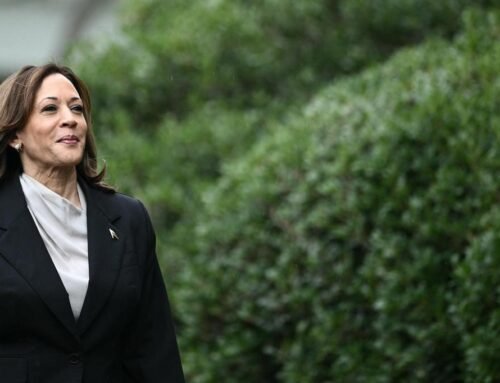Former director of U.S. Mint, Ed Moy, and American investor and economist, George Gilder, debated the nature of sound money and how Bitcoin and other cryptocurrencies, including Facebook’s Libra, compare to it.
Bitcoin revolution troubled the U.S. lawmakers and the regulators when a lot of people started noticing it and the scams revolving it peaked. Facebook has a massive hold over media, and its billions of users are spread across the globe. With Libra, they are planning to capitalize on the resource that is at their disposal. However, the regulators have not taken this step by Facebook lightly.
George Gilder stated:
“The crypto world and the Libra world have got to get over the idea that a stable currency is U.S. dollar, or that it is reasonable to replace the U.S. Dollar with a basket of commodities. Money is a measuring stick, it is not a magic wand for a central bank. A measuring stick can’t be part of what it measures, so if money is a measuring stick, it has got to measure an element of scarcity, that is inescapable, inexorable, and unchallengeable.”
Gilder further elucidated how Gold has been the only successful asset throughout history and that this was mainly due to its nature of scarcity, which ultimately makes it a measuring stick. He also added that the time to extract gold has scarcely changed over thousands of years.
Bitcoin is being referred to as the Store of Value or perhaps, Gold 2.0, and the main reason backing this new name is due to the similarity between gold and Bitcoin. Bitcoin, much like gold, has no value, the value is subjective, it’s speculative. The only thing that makes gold and Bitcoin valuable is because the users deem it to be. Moreover, similar to gold, Bitcoin is also scarce, i.e., there will only ever be 21 million Bitcoins to ever exist.
Ed Moy spoke about how the general public will be faced with freedom to select from multiple currencies of their choice to transact domestically and across borders, seamlessly, without any friction, with the help of cryptocurrencies. He further added that, in the not-so-distant future, there will still be cash, credit cards, loans, etc.






Leave A Comment